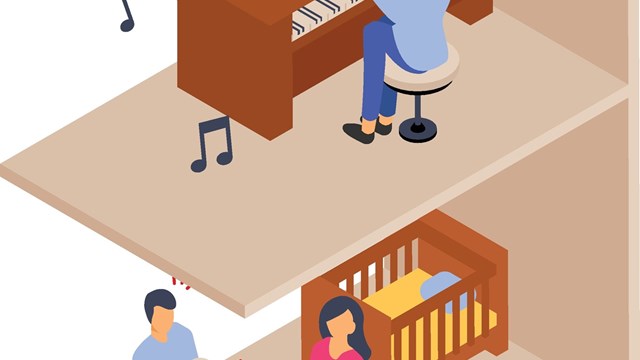Q I live in a co-op in Manhattan and have a neighbor who enjoys smoking pot. The
problem is he does a horrible job containing the smell. He smokes out the
window and around the apartment. The smell comes into my apartment (which is
directly on top of his) through the window and whatever cracks exist between
apartments. The smell is distasteful and I also experience problems breathing
when this occurs. I have gone to management. They say a letter was mailed,
however, the problem continues and they will not commit to further actions. I
have gone to my local police precinct and they too advised there is nothing
they can do if it is being done behind locked closed doors. Who do I go to now?
—Dazed and Confused
A “The shareholder has a right to the peaceful and quite enjoyment of his
apartment,” explains Jeffrey S. Reich, an attorney at the Manhattan law firm of Wolf
Haldenstein Adler Freeman & Herz, LLP. “Additionally, the shareholder has a warranty of habitability owed by the
cooperative corporation. Thus, as a first course of action the shareholder
should write to the Board of Directors advising the board of the nature and
severity of the problem. The letter should be specific as to the times and
dates of the smoking incidents and the rooms that the shareholder was precluded
from using due to the smoke infiltration.
“The letter should also demand that the board take whatever steps may be
necessary to enforce the terms of the corporation's proprietary lease and house
rules, which invariably prohibit residents from creating offensive odors or
taking other actions which would reasonably be anticipated to interfere with
the quite enjoyment of any other residents of the building.
“If the board fails to take the actions necessary to resolve the matter, either
by physically altering the building (by sealing any gaps or openings through
which the smoke by moving or by banning the resident from smoking in the
apartment), the shareholder may consider commencing an action against the board
for a breach of the board's fiduciary duty and from constructive eviction
and/or against the resident who is causing the odors for creating a nuisance.
In either instance, the affected shareholder will want to keep copious records
of when the odors were particularly prevalent and to have objective third
parties come to the apartment during those times in order to attest to the
continuous nature and severity of the problem.”







Comments
Leave a Comment